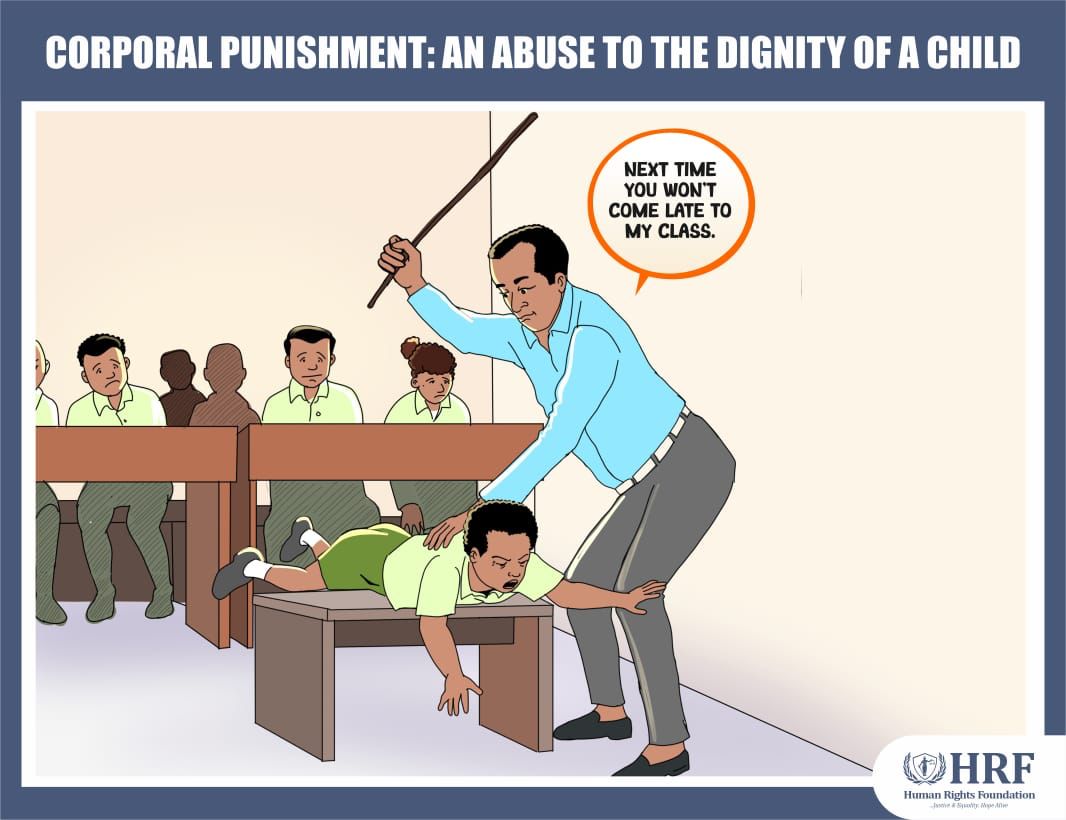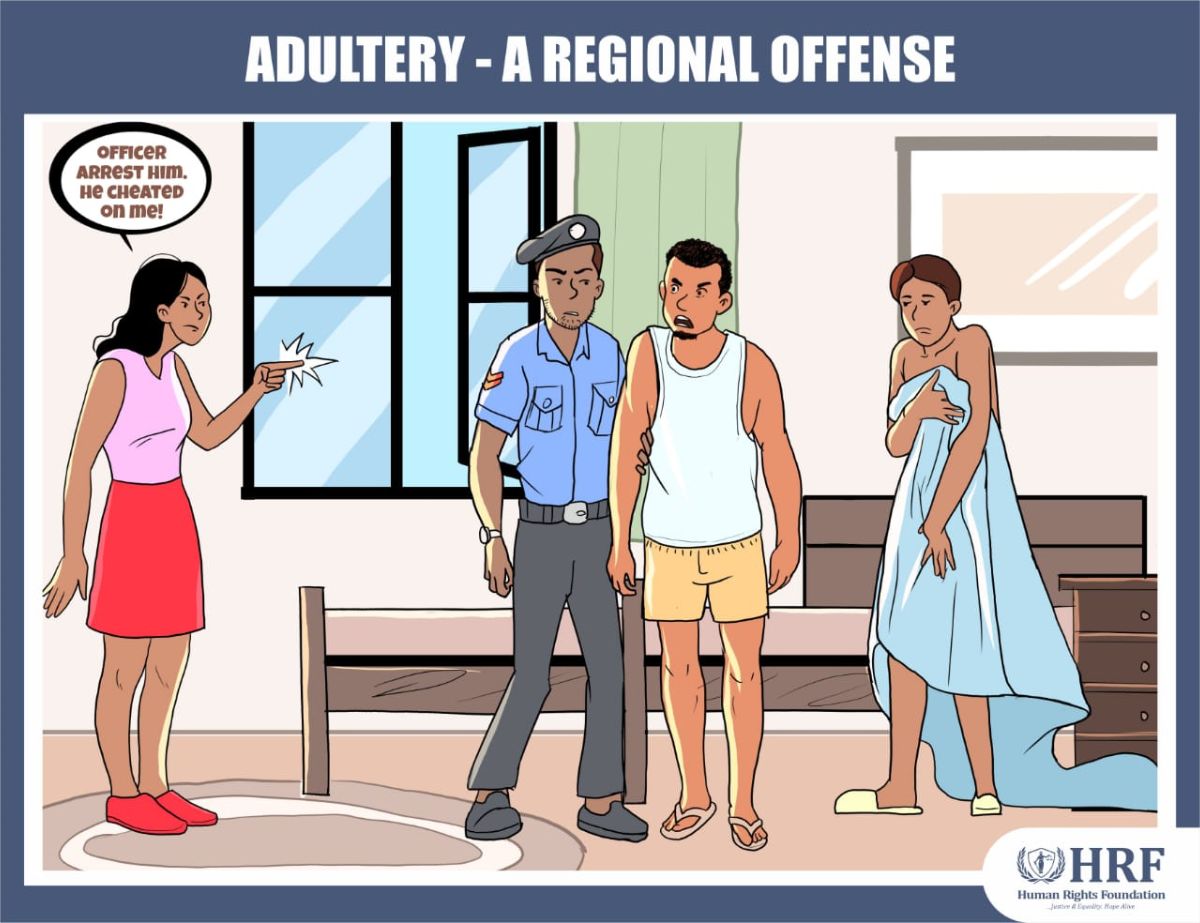.jpg)
Recently, I witnessed a session at a High Court in Ikeja, Lagos State, where Ms. Tosin was arraigned on a one-count charge of murder. The defendant’s counsel requested bail to allow her proper treatment while also on trial. The charge stemmed from an incident where she was alleged to have killed a motorist while having an episode of schizophrenia.
Schizophrenia happens when a mentally ill person is engaged in visual hallucination or hears voices that are not real but to them alone, and some with such illness do smell and taste things that are not there.
The court was in a dilemma as to whose care she would be if she were granted bail since the medical report was not conclusive enough about whether she was sane to stand trial. Furthermore, the court was of the opinion that it would rather not grant bail and allow the defendant to stay with her parents because the incident happened while she was left unsupervised by a family member.
The law presumes everyone is innocent until otherwise proven guilty, whether a person of sound mind or a person with mental illness. The court has the responsibility to hear matters pertaining to a mentally ill person and to ascertain if the person is sane to stand trial and also if the person was sane when the act was committed. Hence, justice is supposed to be a three-way traffic for the accused, victim, and state.
Section 28 of the Criminal Code states that:
A person is not criminally responsible for an act or omission if at the time of doing the act or making the omission, he is in a state of mental disease or natural mental infirmity as to deprive him of the capacity to understand what he is doing, or of mental capacity to control his actions, or of capacity to know that he ought not to do the act or make the omission.
A person whose mind, at the time of his doing or omitting to do an act, is affected by delusions on some specific matter or matters but who is not otherwise entitled to the benefit of the foregoing provisions of this section is criminally responsible for the act or omission to the same extent as if the real state of things has been such as he was induced by the delusions to exist.
That said, the decision to grant bail or refuse it lies within the court's discretionary power. For bail to be granted, certain factors need to be considered such as:
- If there is a likelihood of the defendant committing another offense while on bail
- Whether the suspect has a bad criminal record
- The court may also consider the nature of the offense.
- The possibility of the defendant interfering with the prosecution’s case
- The prevalence of the offense
- The health of the defendant
It can be categorically stated that one of the fundamental rights of a person, as provided by the constitution of the Federal Republic of Nigeria, is the right of presumption of innocence, which is enshrined in Section 36(5). Every defendant is entitled a bail pending the determination of his guilt. This right is pre-medicated on the presumption of innocence.
In the case of Ms. Tosin, the defendant is mentally ill and in need of adequate medical treatment. Hence, she should not be denied bail until the contrary is proven. She should be allowed her fundamental rights pending the determination of her guilt.



.jpg)
0 Comments